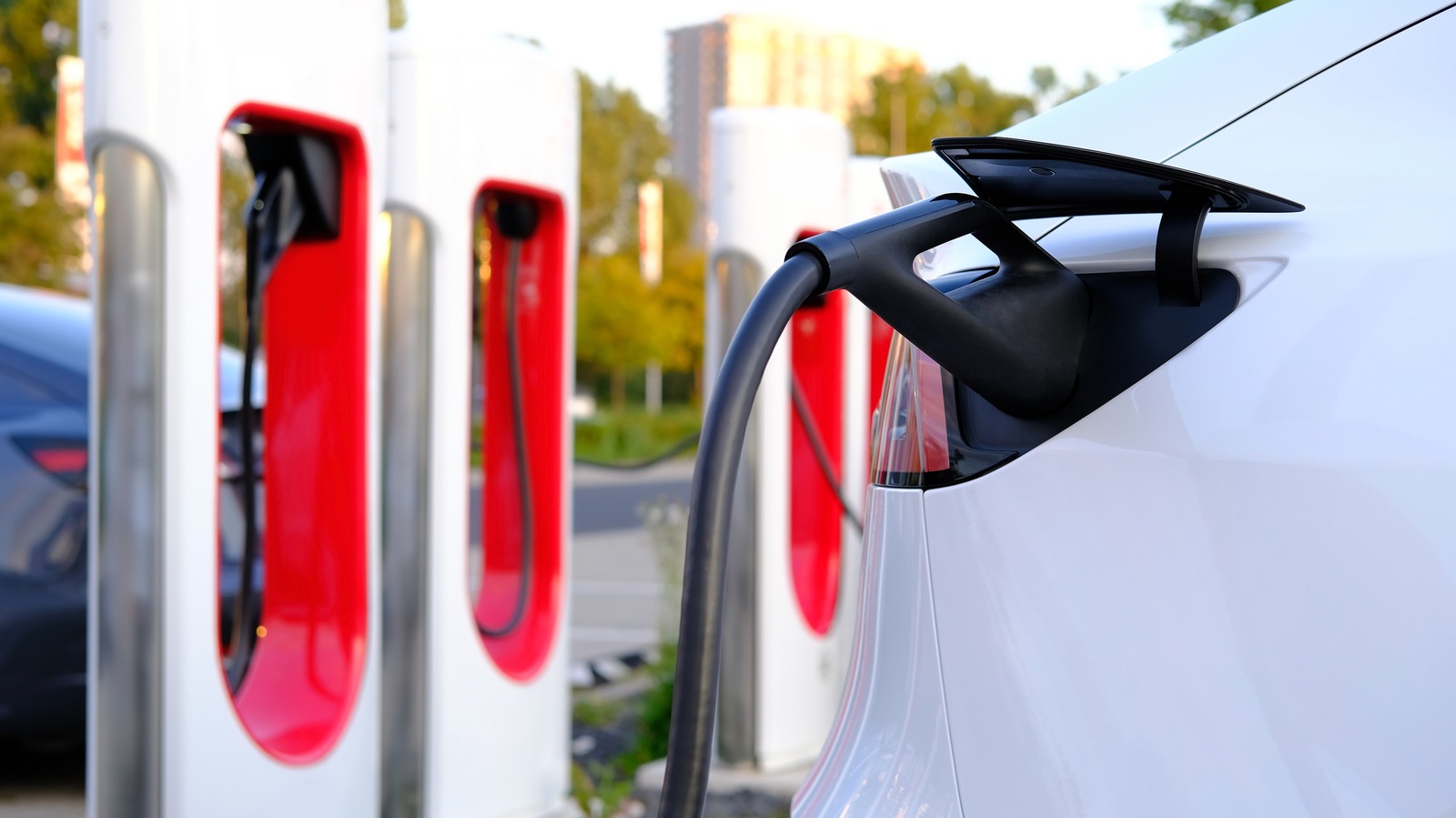
Foreign manufacturers selling in the U.S. market have been conspicuously absent from jumping on the NACS plug bandwagon, instead opting for the Combined Charging System (CCS) type plug which is prevalent in the rest of the world. If Tesla truly wants to dominate the EV charging scene, it would be well advised to court Volkswagen, Hyundai Motor Group (Hyundai and Kia), BMW, and Mercedes-Benz, which make up the top four non-domestic EV sellers in America as of January 2023.
As it turns out, it may not take much convincing to bring those brands on board since Tesla operates approximately 12,000 Supercharging stations spread out across the United States and Canada, a figure which represents 60% of all fast-charging stations available to U.S. drivers. Furthermore, Tesla made its NACS plug technology “open source” last year, meaning that other car manufacturers can now implement the design completely free of charge.
At least for the near future, it appears that CCS and NACS charging plugs will co-exist. To that end, quality adapters are widely available to convert CCS chargers to NACS receptacles, but less so for the opposite conversion — and those that are available typically have limits on charging speed/amperage. With major OEMs like Ford and Rivian rolling out NACS to CCS adapters as a stopgap measure until their vehicles implement NACS, a larger, high-quality selection of such adapters should be forthcoming.
Stay connected with us on social media platform for instant update click here to join our Twitter, & Facebook
We are now on Telegram. Click here to join our channel (@TechiUpdate) and stay updated with the latest Technology headlines.
For all the latest Automobiles News Click Here
